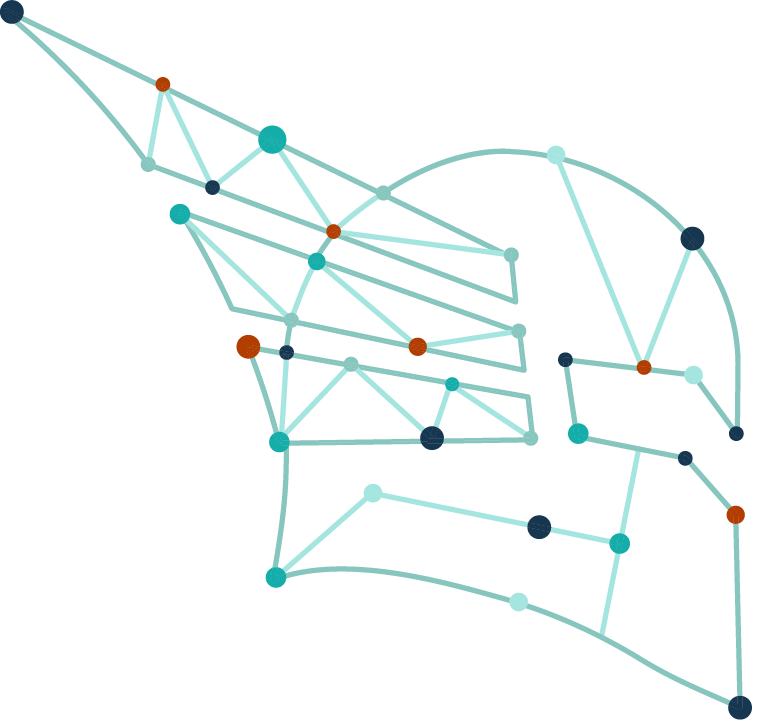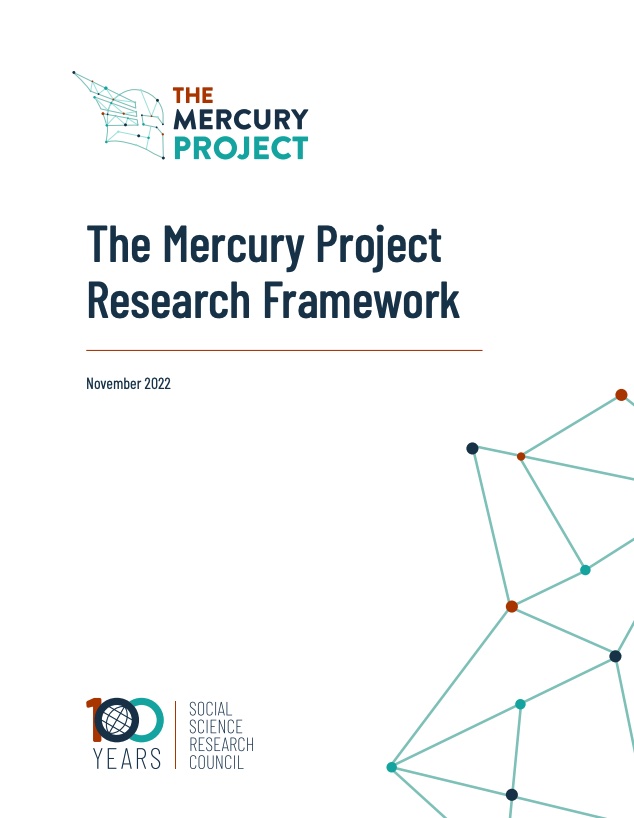ABSTRACT
Adolescence is a time when youth start engaging more with their own health—and seeking information about their bodies and health choices online. While this is true of adolescents the world over, it can present an extra challenge in contexts of low literacy and limited internet experience. Partnering with JEEViKA (Bihar Rural Livelihoods Promotion Society) and DataLEADS, researchers will evaluate if inoculating against inaccurate health information through a grassroots training program will be effective in addressing the beliefs and behaviors that stem from inaccurate health information among secondary school students in India. In randomly selected schools, students will participate in four two-hour sessions over a period of three months, in which they will learn about the problem of inaccurate health information in India and its consequences, how and why inaccurate and misleading information spreads, and strategies to inoculate against it. The effectiveness of these sessions will be measured by comparing between students in schools with and without these sessions (who will instead receive lessons in conversational English), including students’ self-reported attitudes and identification of inaccurate health information, as well as behavioral outcomes such as whether they flag dubious content online, comply with public health measures, and the quality of their news diet.


